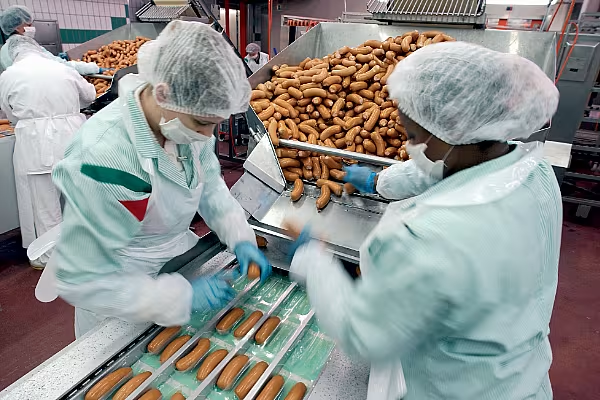Increased at-home consumption helped boost the retail segment of Swiss food producer Bell Food Group last year, however the pandemic impacted its foodservice and fresh convenience segments.
In a statement, Bell Food Group said that it registered growth across a number of measures such as EBIT and annual profit for the full year.
Adjusted sales revenue for the year was CHF 4.1 billion, which is up 2.7% on the previous year.
'Strong Growth'
Despite a challenging 2020 due to the COVID-19 pandemic, the group said that it recorded 'strong' growth, driven by its retail channel.
The traditional meat and meat products business posted the strongest growth, especially in Switzerland, where the temporary decline in shopping tourism during the lockdown boosted business further.
The group's convenience sector was badly affected by restrictions, however, as out-of-home consumption and sales of to-go products suffered during the year.
Commenting, chief executive Lorenz Wyss said he was happy with the group's performance in 2020, especially "the encouraging growth seen for practically all product groups in the retail channel.
"We're very pleased about the course of business and the results for the financial year, and a look at the balance sheet tells us that the Bell Food Group has a very solid financial foundation."
EBIT increased 7.6% on the previous year, to a total of CHF 160.4 million, while annual profit for the year was CHF 118.6 million.
Combatting COVID-19
Bell Food Group said that implemented comprehensive protection and hygiene measures at production facilities to protect their employees from contracting COVID-19, it said. The group adjusted cost levels to offset the price of protecting workers.
"The Bell Food Group has successfully prevented the spread of the virus in its facilities and protected the health of the employees as best as possible," said Wyss. "We can also be proud of the fact that we managed to maintain delivery readiness at all times."
Wyss added that the group has ambitions to become "one of the leading food companies in Europe", and it has outlined its strategy to achieve this goal.
The plan consists of expanding its core business of meat, poultry, charcuterie, and seafood in the Swiss retail and food service market by further differentiating its product ranges and services.
Secondly, the group is seeking to grow its convenience range by adding new products, and finally, it is planning on investing in a number of its production facilities to improve performance capacity.
"I'm convinced that we will continue to successfully manage the difficult-to-forecast effects while time consistently pursuing our long-term strategic objectives at the same," said Wyss.
© 2021 European Supermarket Magazine – your source for the latest retail news. Article by Conor Farrelly. Click subscribe to sign up to ESM: The European Supermarket Magazine.














